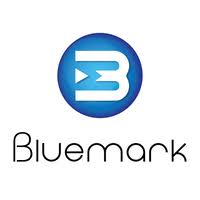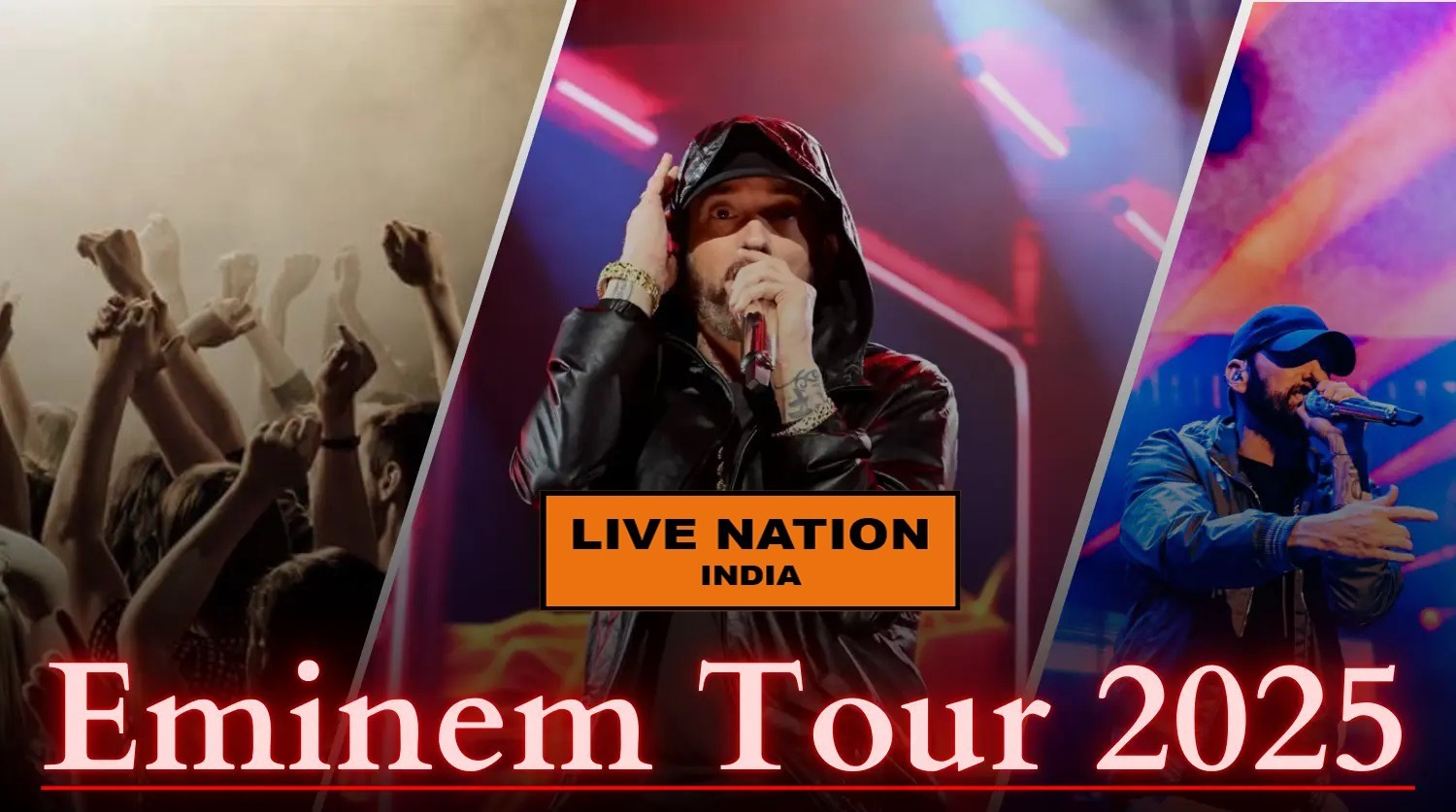B2B vs. B2C Startup Marketing: What’s Different and What Works
Marketing is the backbone of any startup’s success, but the strategies for B2B (Business-to-Business) and B2C (Business-to-Consumer) marketing differ significantly. While both involve targeting the right audience and driving conversions, their approaches, messaging, and sales cycles vary. As a startup, understanding these differences can help you optimize your marketing efforts and generate better results.
According to Sidharth Jain, founder of Digitalz Pro Media & Technologies Private Limited – Best Digital Marketing Company in Faridabad, “B2B and B2C marketing may seem worlds apart, but at their core, both are about building trust and delivering value. While B2B startups need to focus on authority and long-term relationships, B2C brands must create emotional connections and drive quick engagement. At Digitalz Pro Media & Technologies, we empower startups with tailored strategies that align with their target audience, ensuring sustained growth and maximum ROI.“
In this article, we’ll explore the key differences between B2B and B2C marketing and share strategies that work for each.
Key Differences Between B2B and B2C Marketing
1. Target Audience & Decision-Making Process
- B2B Marketing: Targets businesses, corporate buyers, and decision-makers. The decision-making process is often longer and involves multiple stakeholders (such as procurement managers, executives, or finance teams).
- B2C Marketing: Targets individual consumers who make faster, emotion-driven purchasing decisions. The focus is on convenience, brand appeal, and pricing.
What Works?
For B2B, nurture leads with educational content, case studies, and in-depth product demos to convince multiple decision-makers. In contrast, for B2C, focus on emotional storytelling, influencer marketing, and direct calls-to-action to prompt quick sales.
2. Marketing Channels & Strategies
- B2B: LinkedIn, email marketing, SEO, industry events, and whitepapers work best. Content marketing is key for building credibility.
- B2C: Social media platforms like Instagram, Facebook, and YouTube are essential. Influencer partnerships, paid ads, and interactive content drive engagement.
What Works?
B2B marketing thrives on thought leadership—webinars, LinkedIn posts, and whitepapers establish expertise. Meanwhile, B2C requires strong brand storytelling, viral campaigns, and community engagement for success.
3. Customer Relationship & Retention
- B2B: Long-term relationships matter. Customer retention is priority since businesses seek trust, reliability, and ROI before making investments.
- B2C: Customer retention is important, but impulse buying and brand loyalty through emotional connections play a bigger role.
What Works?
For B2B, account-based marketing (ABM), personalized emails, and consistent follow-ups build strong customer relationships. For B2C, loyalty programs, brand engagement, and social proof drive repeat purchases.
4. Content & Messaging Style
- B2B: Content is logical, data-driven, and focuses on ROI. The messaging is professional and informative.
- B2C: Content is more emotional, engaging, and entertaining. It aims to connect with consumers personally.
What Works?
For B2B, using case studies, whitepapers, and testimonials can establish credibility. For B2C, using visually appealing content, influencer endorsements, and social proof enhances engagement.
Final Thoughts
While B2B and B2C marketing have distinct approaches, one thing remains common—understanding your audience. Whether you’re selling to businesses or consumers, focusing on their pain points, preferences, and behaviors is the key to driving growth.
At Digitalz Pro Media & Technologies, we specialize in helping startups craft customized digital marketing strategies tailored to their audience—whether B2B or B2C. By leveraging the right marketing mix, businesses can build a strong brand presence, generate quality leads, and scale effectively.











